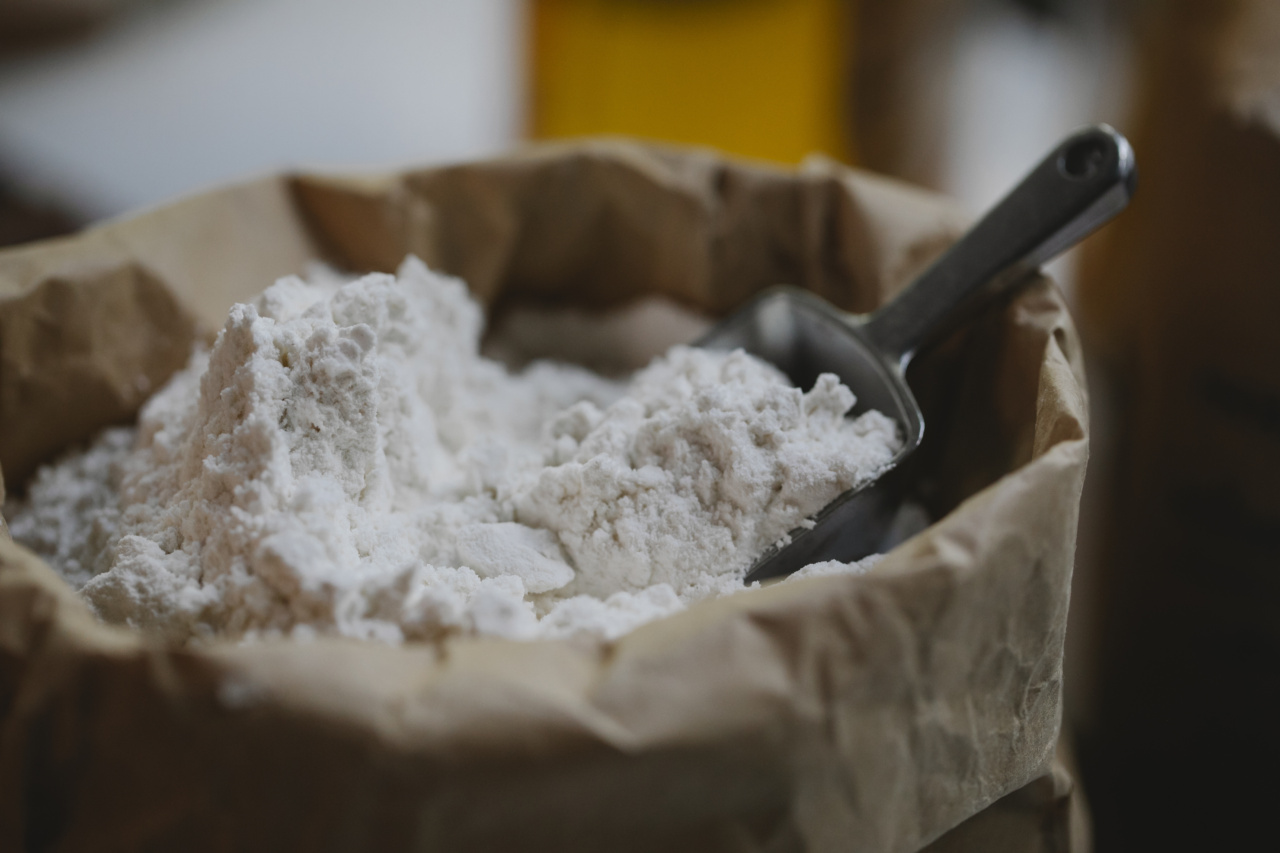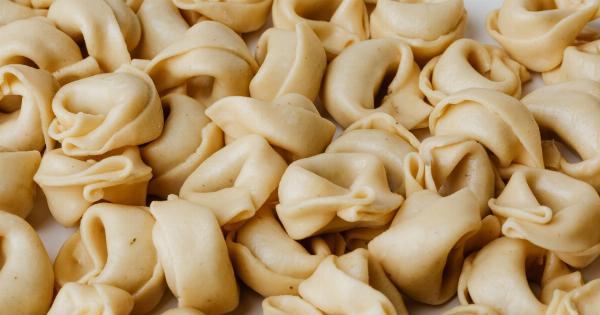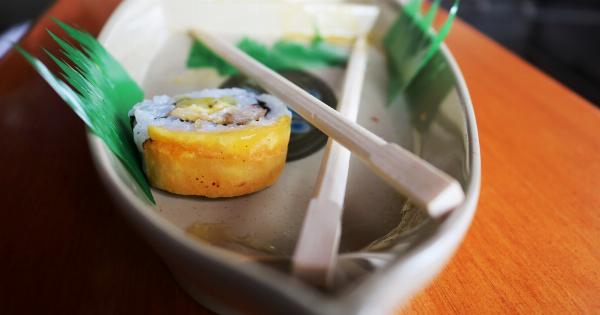Many of us have indulged in the irresistible temptation of licking the spoon or sneaking a taste of the raw dough while baking. The ooey-gooey texture and the anticipation of the final product can be hard to resist.
However, consuming raw dough can have various consequences on your health. In this article, we will explore what happens when you eat raw dough and the potential risks associated with consuming uncooked dough.
The Dangers of Consuming Raw Dough
Eating raw dough, whether it’s cookie dough, bread dough, or pizza dough, can present several health hazards. These risks primarily arise from two main ingredients: raw eggs and raw flour.
1. Foodborne Illnesses
Raw eggs are commonly used in dough recipes to provide structure and moisture. However, they can contain harmful bacteria such as Salmonella and E.coli.
Consuming raw dough that contains contaminated eggs can lead to food poisoning, causing symptoms like nausea, vomiting, abdominal pain, and diarrhea.
2. Salmonella Infection
Salmonella is a common bacterium found in eggs and poultry. Ingesting raw or undercooked eggs increases the risk of contracting a Salmonella infection.
Symptoms typically appear within 12-72 hours after consumption and may include diarrhea, fever, and abdominal cramps. In severe cases, the infection can spread beyond the gastrointestinal tract, leading to more severe complications.
3. E.coli Contamination
E.coli is a group of bacteria found in the intestines of animals and humans. Raw dough that contains contaminated flour can introduce E.coli into your body.
Ingesting E.coli-infected dough may lead to symptoms such as abdominal pain, diarrhea, and vomiting. In some cases, E.coli infections can cause severe complications, especially in vulnerable individuals such as children, the elderly, and those with weakened immune systems.
4. Raw Flour Hazards
While raw eggs often take the spotlight when discussing the dangers of raw dough, it’s important not to overlook the potential risks associated with consuming raw flour.
Raw flour can be contaminated with harmful bacteria, including E.coli and other pathogens. The milling and production processes of flour do not eliminate these bacteria, and they can survive until consumed. Therefore, eating raw dough that includes raw flour can increase the risk of bacterial infections and foodborne illnesses.
5. Parasite Infections
In addition to bacterial contamination, consuming raw dough made with raw flour can also expose you to the risk of parasite infections. Raw flour can be contaminated with parasites such as Toxoplasma gondii and Cryptosporidium spp.
These parasites can cause serious health issues, especially for pregnant women, individuals with weakened immune systems, and young children.
Precautions to Take
Now that we are aware of the potential risks, it’s important to take certain precautions to ensure our safety when it comes to consuming dough.
1. Avoid Consuming Raw Dough
The best way to avoid the risks associated with raw dough is to refrain from eating it altogether. While it may be tempting, it’s crucial to resist the urge to sample the dough before it’s fully cooked.
2. Cook Thoroughly
Make sure to bake your dough at the appropriate temperature and follow the recommended cooking time. This ensures that the dough reaches the necessary internal temperature to kill off any harmful bacteria or parasites present.
3. Use Pasteurized Eggs
If the recipe you’re following requires raw eggs, opt for pasteurized eggs as an alternative. Pasteurization eliminates most bacteria present in eggs and reduces the risk of foodborne illnesses.
4. Heat-Treated Flour
To reduce the risk of consuming contaminated flour, consider using heat-treated flour or flour that has been specifically processed to kill bacteria. Heat-treated flour is generally labeled as such, making it easier to identify.
5. Child Supervision
If you have children who enjoy baking, it’s important to closely supervise them and prevent them from consuming raw dough. Educate them about the potential dangers of eating uncooked dough and instill safe baking practices.
Conclusion
In conclusion, while devouring raw dough may be enticing, it’s crucial to understand the potential risks involved. Consuming raw dough exposes you to the hazards of foodborne illnesses, particularly due to raw eggs and raw flour.
Salmonella and E.coli infections, as well as parasite infections, can result from consuming dough that contains contaminated ingredients. Taking necessary precautions such as avoiding raw dough consumption, baking thoroughly, and using pasteurized eggs can help mitigate these risks. Stay safe and enjoy your baked goods with peace of mind!.



























